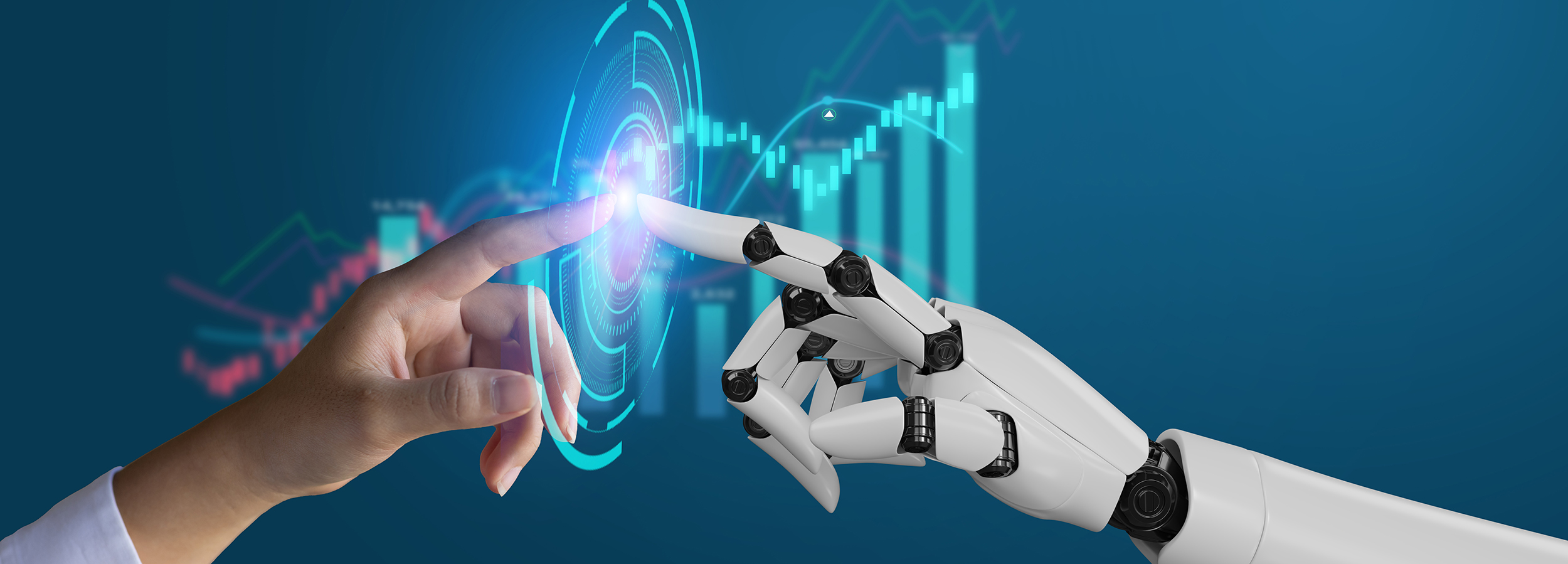
How to Maintain Your Car for Maximum Performance
- Admin
- 0
- Posted on
Introduction
Proper car maintenance is essential for ensuring longevity, optimal performance, and safety on the road. Regular upkeep not only prevents costly repairs but also enhances fuel efficiency and driving experience.
In this guide, we will cover essential car maintenance tips, a detailed maintenance schedule, and common mistakes to avoid to keep your car running at its best.
Table of Contents
- Why Car Maintenance Is Important
- Essential Car Maintenance Checklist
- Regular Maintenance Schedule
- Fluids and Lubricants: What You Need to Know
- Tire Maintenance for Maximum Performance
- Battery Care and Electrical System Maintenance
- Brake System: Ensuring Safety and Efficiency
- Engine Health: Maximizing Longevity
- Seasonal Car Maintenance Tips
- Common Car Maintenance Mistakes to Avoid
- Cost-Saving Tips for Car Maintenance
- Final Thoughts
1. Why Car Maintenance Is Important
- Enhances vehicle performance and fuel efficiency
- Prevents unexpected breakdowns
- Increases lifespan of your car
- Ensures safety on the road
- Maintains resale value
2. Essential Car Maintenance Checklist
- Oil Change – Every 5,000-7,500 miles
- Tire Rotation & Pressure Check – Every 5,000-8,000 miles
- Brake Inspection – Every 10,000 miles
- Battery Check – Every 6 months
- Coolant & Fluids Check – Every 3-6 months
- Air Filter Replacement – Every 12,000-15,000 miles
- Wheel Alignment & Balancing – Annually or if experiencing uneven wear
3. Regular Maintenance Schedule
| Maintenance Task | Frequency |
|---|---|
| Oil Change | Every 5,000-7,500 miles |
| Tire Rotation | Every 5,000-8,000 miles |
| Brake Inspection | Every 10,000 miles |
| Battery Check | Every 6 months |
| Air Filter Replacement | Every 12,000-15,000 miles |
| Coolant Check | Every 3-6 months |
| Wheel Alignment | Annually |
4. Fluids and Lubricants: What You Need to Know
- Engine Oil: Lubricates engine components and prevents overheating.
- Transmission Fluid: Ensures smooth gear shifts and transmission longevity.
- Coolant: Prevents engine overheating.
- Brake Fluid: Maintains braking efficiency.
- Power Steering Fluid: Ensures easy steering control.
- Windshield Washer Fluid: Maintains clear visibility.
5. Tire Maintenance for Maximum Performance
- Maintain proper tire pressure as per manufacturer’s recommendation.
- Rotate tires every 5,000-8,000 miles.
- Inspect for uneven wear and replace if necessary.
- Check tire tread depth regularly.
- Ensure proper wheel alignment and balancing.
6. Battery Care and Electrical System Maintenance
- Test battery voltage every 6 months.
- Clean battery terminals to prevent corrosion.
- Ensure tight cable connections.
- Avoid draining battery by turning off lights and electronics when the engine is off.
7. Brake System: Ensuring Safety and Efficiency
- Inspect brake pads and rotors every 10,000 miles.
- Replace brake pads if thickness is below 3mm.
- Check brake fluid levels and top up as needed.
- Listen for squeaking or grinding noises, which indicate brake wear.
8. Engine Health: Maximizing Longevity
- Change engine oil regularly.
- Replace spark plugs as per manufacturer’s schedule.
- Inspect the timing belt and replace if worn out.
- Keep the fuel system clean using high-quality fuel and periodic fuel injector cleaner.
9. Seasonal Car Maintenance Tips
Summer
- Check air conditioning system.
- Inspect cooling system and radiator.
- Ensure tires are properly inflated to avoid blowouts.
Winter
- Use winter-grade engine oil.
- Ensure battery is in top condition.
- Switch to winter tires for better traction.
10. Common Car Maintenance Mistakes to Avoid
- Ignoring warning lights on the dashboard.
- Skipping scheduled oil changes.
- Using low-quality fuel or incorrect engine oil.
- Overloading the vehicle, putting strain on the engine and suspension.
- Delaying brake inspections and repairs.
11. Cost-Saving Tips for Car Maintenance
- Follow the manufacturer’s maintenance schedule.
- Compare service costs at different auto repair shops.
- Learn basic maintenance tasks like checking fluids and changing air filters.
- Keep track of maintenance records to avoid redundant repairs.
- Use high-quality parts to extend lifespan and avoid frequent replacements.
12. Final Thoughts
Car maintenance is a crucial part of vehicle ownership that ensures maximum performance, safety, and cost efficiency. By following a structured maintenance plan and addressing issues promptly, you can extend the life of your car and reduce long-term expenses.
Tags: AutoRepairs AutoTips BatteryCare BestCarCarePractices BrakeInspection CarCheckup CarFluids CarMaintenance CarMaintenanceTips CarPerformance CarRepairs CarTroubleshooting CoolantCheck DIYCarCare DrivingSafety EngineHealth FuelEfficiency MaintenanceSchedule OilChange PreventiveMaintenance RoadSafety SeasonalCarCare TireMaintenance TransmissionHealth VehicleCare